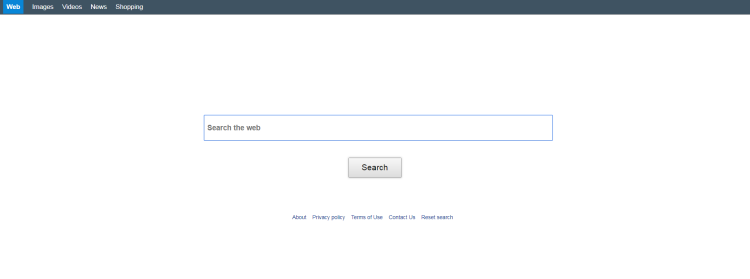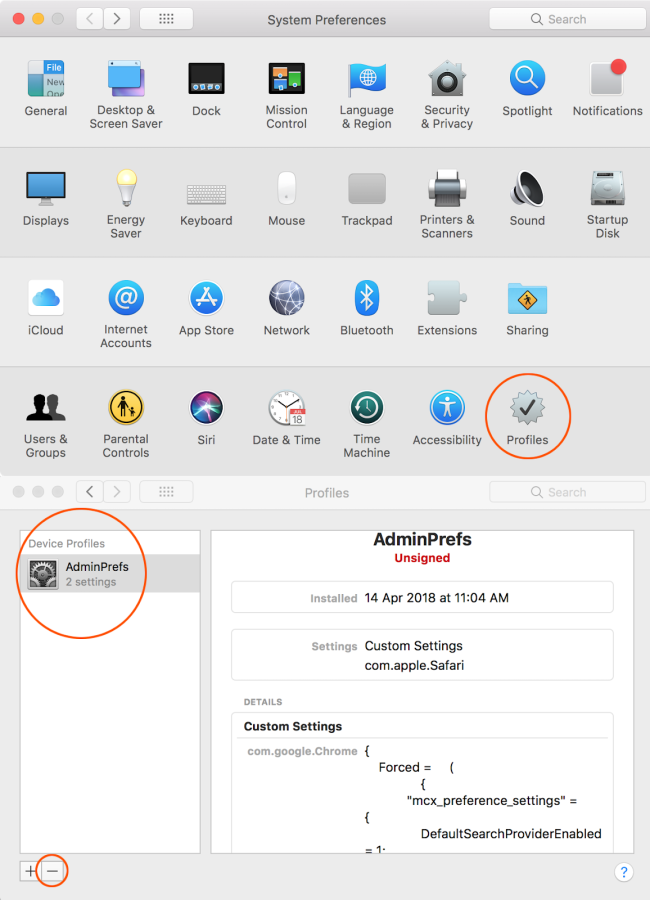What is Search.regevpop.com?
Search.regevpop.com is Mac virus which can settle on your default web browser and initiate constant redirects to affiliate websites. The main purpose of Search.regevpop.com is to generate advertising revenue using pay-per-click marketing. Overall, it does not bring any true value to the user since it provides altered search results. Moreover, this malware can fill your browser with numerous annoying ads promoting questionable apps. Thus, in order not to let such activity and prevent unsafe redirects, remove Search.regevpop.com from your browsers.

Search.regevpop.com also collects the user’s personal information related to Internet browsing habits. Hence, while you have it installed, all your clicks are monitored. All collected data is transferred to third-party companies which may use them for selfish purposes. To completely remove Search.regevpop.com and all its leftovers, you may seek assistance from the anti-malware program, it’s the most convenient way. Experienced users may use the manual way. Both methods are provided below.
How to remove Search.regevpop.com?
To make sure that the hijacker won’t appear again, you need to delete Search.regevpop.com completely. For this, you need to remove the application then check the drives for such leftovers as Search.regevpop.com files and registry entries.
Norton is a powerful tool that is able to keep your Mac clean. It would automatically search out and delete all elements related to Search.regevpop.com. It is not only the easiest way to eliminate Search.regevpop.com but also the safest and most assuring one.
Steps of Search.regevpop.com manual removal
Uninstall Search.regevpop.com from the system
As it was stated before, more likely that the hijacker appeared on your system brought by other software. So, to get rid of Search.regevpop.com you need to call to memory what you have installed recently.
Remove Search.regevpop.com from Applications
- Open a Finder window
- Click Applications line on the sidebar
- Select the application related to Search.regevpop.com right-click it and choose Move to Trash
Remove Search.regevpop.com from Profiles
- Launch System Preferences
- Select Profiles at the bottom of window.
- Choose AdminPrefs profile, click “-“ icon and enter password.

Remove Search.regevpop.com using Terminal
- Open Terminal
- Copy/paste:
defaults write com.apple.finder AppleShowAllFiles YES - Press Return
- Hold the Option/alt key, then right click on the Finder icon in the dock and click Relaunch
- Navigate to: /Users/yourmacname/Library/Application Support/
- Delete Folder: Agent
- Go back to Terminal and copy/paste:
defaults write com.apple.finder AppleShowAllFiles NO - Press Return
- Hold the Option/alt key, then right click on the Finder icon in the dock and click Relaunch
Remove Search.regevpop.com from browsers
Since most of the hijacker threats use a disguise of a browser add-on, you will need to check the list of extensions/add-ons in your browser.
How to remove Search.regevpop.com from Safari
- Start Safari
- Click on Safari menu button, then go to the Extensions
- Delete Search.regevpop.com or other extensions that look suspicious and you don’t remember installing them
How to remove Search.regevpop.com from Google Chrome
- Start Google Chrome
- Click on Tools, then go to the Extensions
- Delete Search.regevpop.com or other extensions that look suspicious and you don’t remember installing them
How to remove Search.regevpop.com from Mozilla Firefox
- Start Mozilla Firefox
- Click on the right-upper corner button
- Click Add-ons, then go to Extensions
- Delete Search.regevpop.com or other extensions that look suspicious and you don’t remember installing them
If the above-mentioned methods didn’t help in eliminating the threat, then it’s better to rely on an automatic way of deleting Search.regevpop.com.
We also recommend to download and use Norton to scan the system after Search.regevpop.com removal to make sure that it is completely gone. The antimalware application will detect any vicious components left among system files and registry entries that can recover Search.regevpop.com.




